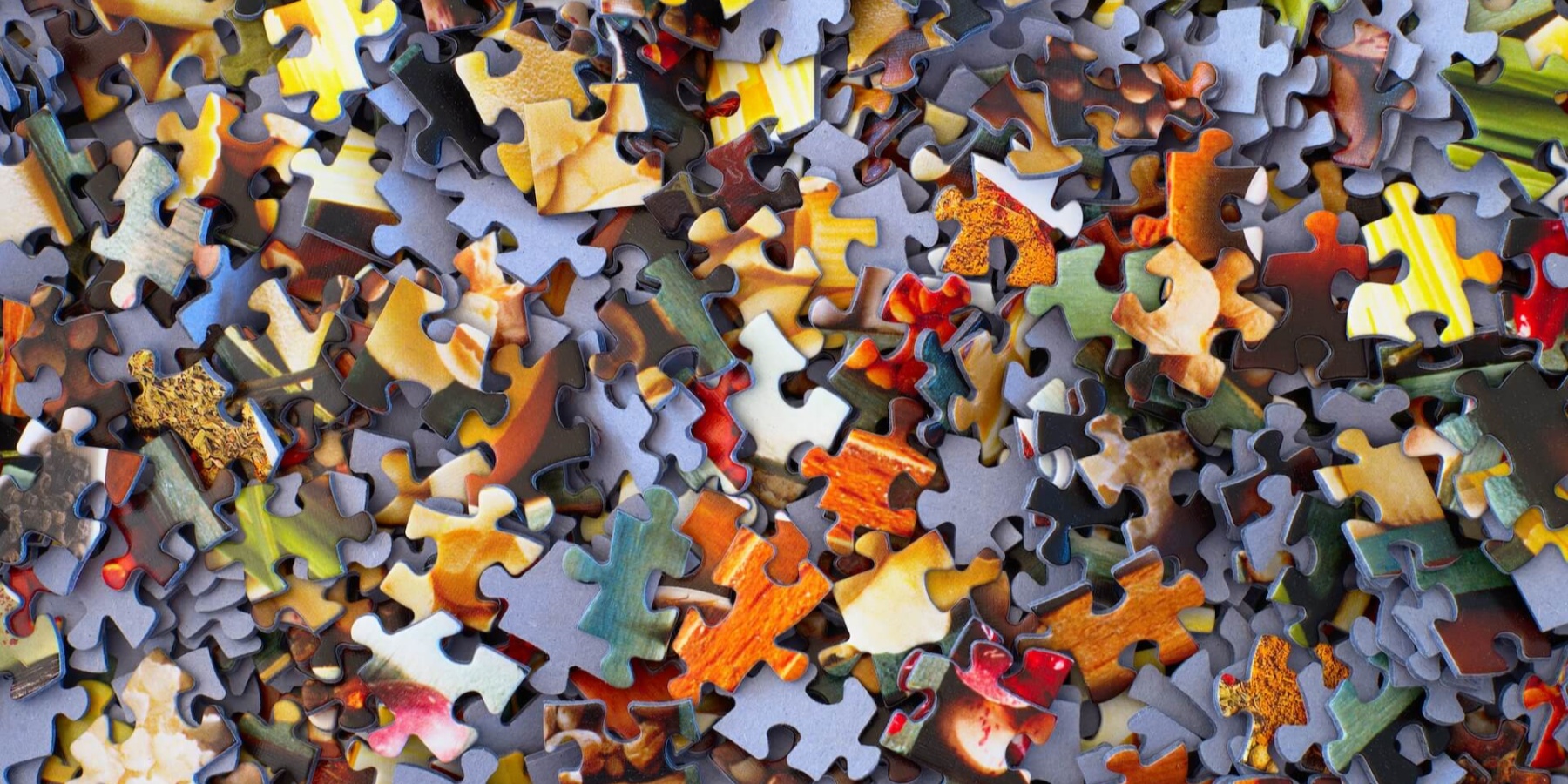In recent times, puzzles have experienced a significant resurgence among adults. From intricate sudoku to artistic jigsaw puzzles, they have become a beloved hobby for many. However, the benefits of puzzle-solving extend far beyond mere entertainment, offering profound mental health advantages.
The mental workout: cognitive enhancements from puzzles
Puzzles are more than just fun; they are a mental exercise, enhancing crucial cognitive skills. These include memory and visual-spatial reasoning, both vital for mental sharpness. Regular puzzle-solving has been shown to boost working memory and strengthen neural networks, leading to long-term memory benefits.
Emotional well-being and stress reduction
Engaging in puzzles not only sharpens the mind but also balances emotions. The focus and control required in puzzle-solving can enhance moods and reduce stress. This mindful activity triggers a flow state, similar to meditation, producing natural mood-enhancers like serotonin and reducing cortisol levels.
Preventing age-related cognitive decline
Puzzles are a promising tool in delaying cognitive decline associated with aging. Skills like visuospatial reasoning, targeted by puzzles, can be improved with practice, potentially reducing the risk of dementia. This mental challenge is key in maintaining cognitive health in later years.
In a world full of distractions, puzzles offer a way to train and improve our attention spans. The detailed concentration required in solving puzzles enhances focus and patience, which can translate into better performance in other mentally demanding tasks.
Boosting productivity: the work and academic edge
Puzzle-solving skills can translate into increased productivity in both work and academic settings. Activities like puzzles improve information retention, mental alertness, and focus, leading to enhanced work and academic performance.
The social aspect of puzzle-solving
Puzzle-solving isn’t just a solitary activity; it can be a social endeavor too. Collaborative puzzle-solving can improve skills like creative thinking and teamwork. Social interaction during puzzle-solving can lead to higher enjoyment and cognitive benefits compared to solitary play.
Personal stories: transformative effects of puzzles
Hearing from individuals about how puzzles have positively impacted their mental health can be inspiring. Stories of reduced anxiety, improved cognitive function, and enhanced social interaction highlight the transformative power of puzzles in daily life.
Recommended puzzles for mental health
To experience these benefits of puzzles, try engaging with different types of puzzles. Jigsaw puzzles are excellent for spatial processing and creative thinking, while logic puzzles like sudoku improve reasoning and memory. Crossword puzzles offer a linguistic challenge, enhancing vocabulary and comprehension.
Staying connected: join the puzzle community
Share your puzzle-solving experiences and connect with others in the puzzle community. Subscribe to our channel for updates on emerging research in this field and support each other in maintaining healthy, focused minds through the joy of puzzles.
Conclusion: embracing puzzles for a healthier mind
Puzzles offer diverse benefits, from cognitive enhancements to emotional well-being and social interaction. Whether it’s for memory improvement, stress reduction, or social engagement, incorporating puzzles into your routine can contribute significantly to mental health. So, let’s embrace this enjoyable yet beneficial hobby for a sharper, happier mind in adult life.


